The cycling power meter market has experienced tremendous growth in the last decade. In 2010, there are probably three power meter brands available to amateur cyclists. And they cost a bomb, sometimes even more than the bike itself.
But things are quite different today. As the market grows, new brands are emerging and offering very reliable power meters at competitive pricing. This paves the way for wider power meter adoption among amateur cyclists.
Here’s a list of all the leading power meter brands today.
SRM
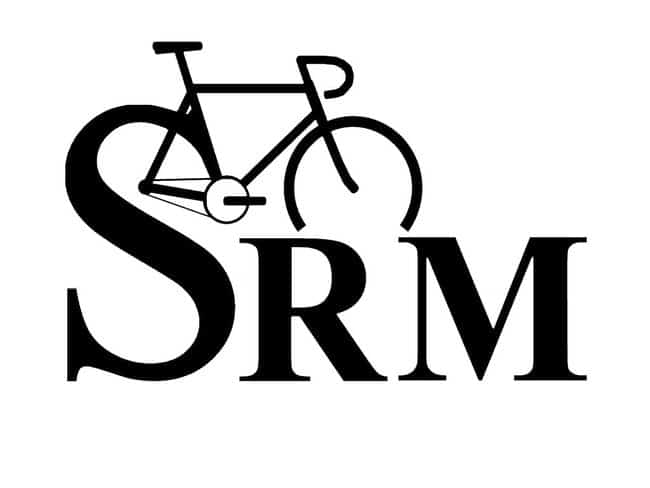
SRM was the first company to deliver a viable power meter. Since then, SRM has improved and expanded its lineup, including pedal-based power meters.
SRM started with spider-based power meters, either as a complete system or modular setup. SRM power meters are well-known as the gold standard in the cycling industry.
SRM power meters are not cheap, but if they are reliable enough for pro teams, they should be more than enough for us.
Popular SRM models
- Spider-based : SRM Origin
- Pedal based : SRM Exakt, SRM X-Power
SRAM (Quarq)
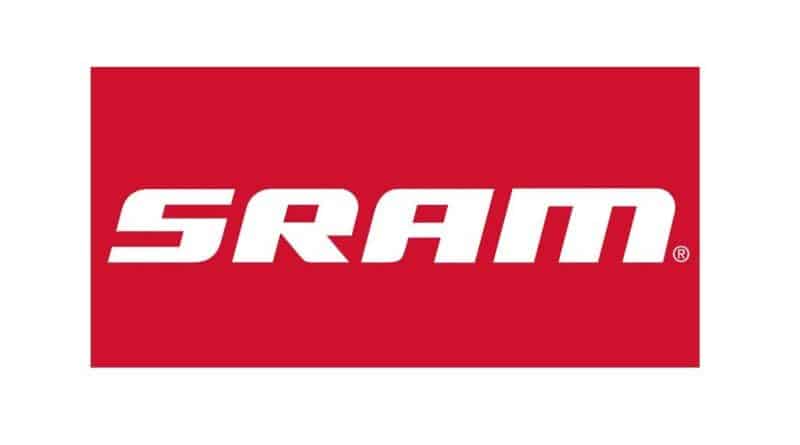
Quarq designed its first power meter back in 2006 in Australia. The company name is a deliberate misspelling of quark, referring to a speedy subatomic particle.
The first Quarq power meter was released in 2008. Since then, the company has gone from strength to strength. SRAM bought over Quarq in 2011. In 2019, SRAM acquired PowerTap, which is one of the early pioneers in wheel-based power meters.
Most power meters from Quarq are crankarm-based and work with bottom bracket systems such as DUB, GXP, and BB30.
Popular Quarq models
- Spider-based : Quarq D-Zero, Quarq D-Four, SRAM Red AXS
Power2Max
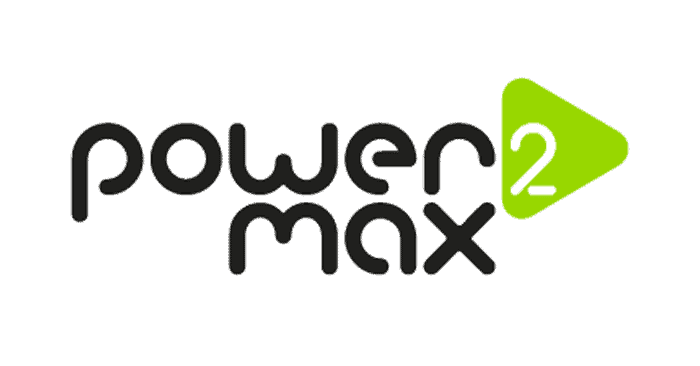
Germany’s Power2Max was founded in 2006. Their original aim was to develop an affordable power meter that they would like to ride. In 2010 they achieved just that with their very first power meter.
Since then, Power2Max has expanded its product portfolio and has been ridden by EF Pro Cycling in 2022.
Power2Max power meters are compatible with leading crankarms such as Shimano, SRAM, Rotor, Specialized, and Cannondale. They include road, track, and mountain bike units such as the NG, NG Eco, and Type S.
Popular Power2Max models
- Spider-based : Power2Max NG Road, NG Eco, and Type S.
More reading : Power2max NG Road vs NGEco Road
Stages Cycling
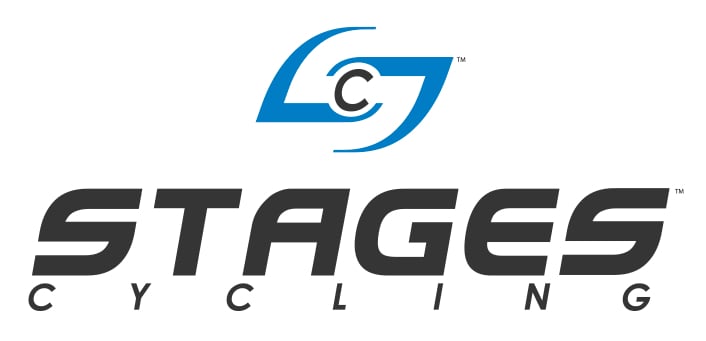
Stages is an American company that does things slightly differently than SRM or Quarq. They take pre-manufactured cranks and machine their power meter units into them. It’s a novel idea that seems to work.
Stages power meters come as an entire crankset or as separate left-side crankarms. They now have models for Shimano, Campagnolo, SRAM, and FSA cranksets.
Popular Stages models
- Left crankarm : Stages Gen 3 for Shimano Dura Ace
More reading : 4iiii Precision 3 vs Stages Power Left
Garmin
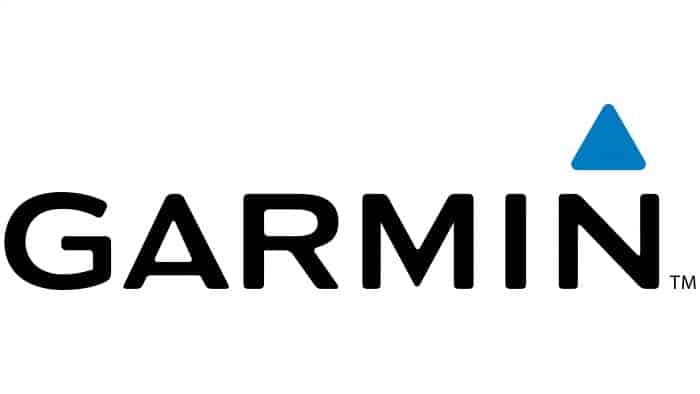
Garmin manufactures the pedal-based Vector range of power meters. The American company has been around cycling forever and is best known for its cycling computers and navigation. It joined the power meter revolution a few years ago with the original Vector pedal. The Garmin Rally RS200 is its latest power meter, succeeding the Vector.
Not afraid to go their way, Garmin has taken a different approach to power meters by shifting from the crank or arm to the pedals. They claim ease of use, installation, removal, and natural integration with Garmin bike computers make them a great choice for cyclists. I wouldn’t disagree with them either.
Popular Garmin models
- Pedal-based : Garmin Rally RS200
More reading : Garmin Rally RS200 Review
4iii Innovations
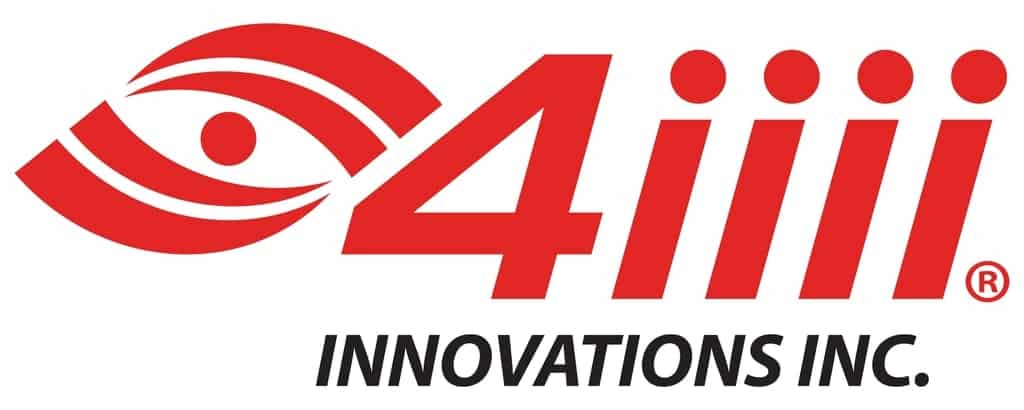
4iii is a Canadian fitness company that partnered with bicycle manufacturer Schwinn. It launched its first power meter in 2009 and has launched many others.
4iii’s partnership with Schwinn offers excellent insight into bikes and cyclists, which has given it an edge some other power meter manufacturers don’t have.
4iii manufactures crankset and left crankarm power meters for Shimano cranksets. They include the 4iiii Precision 3, Precision R, Precision, and Precision Pro.
Popular 4iiii models
- Left crankarm : 4iiii Precision 3
- Crankset based : 4iiii Precision Pro
More reading : 4iiii Precision 3 vs Precision Power Meter Comparison
Shimano
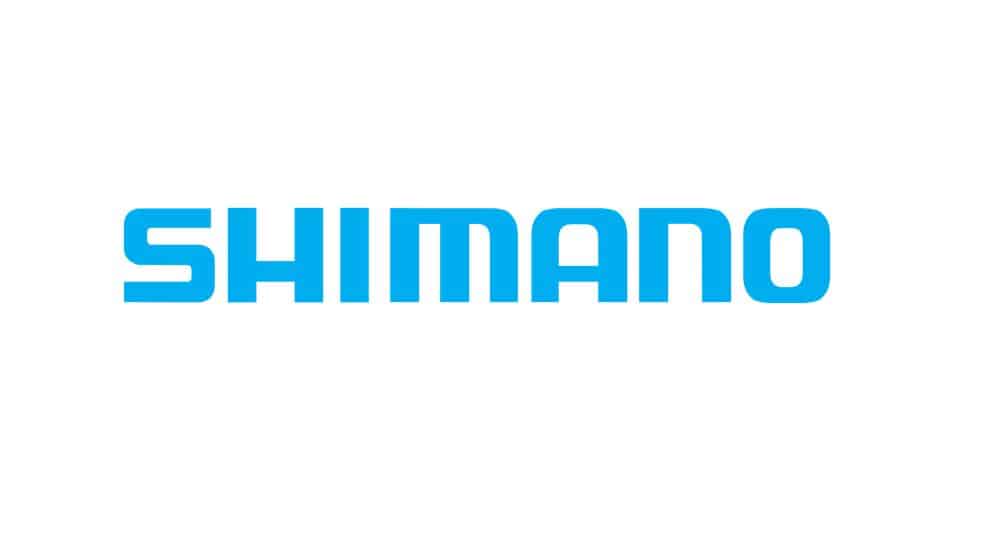
Shimano should need little introduction. Established in Japan in 1912 as Shimano Iron Works to build bicycle freewheels, the company grew slowly but steadily until after WW2. The demand for bicycles in Japan and improvements in technology since then drove the company to the giant it is today.
Shimano has two crankset-based power meters in its Dura Ace R9200 and Ultegra R8100 series. Despite its rich history, Shimano has been slow to market with its power meter and with limited success.
In early 2020, Shimano acquired Pioneer Cyclesports, which is a division of the audio and electronics giant and is a relative newcomer to the scene.
Popular Shimano models
- Crankset based : Shimano Dura Ace R9200
More reading : Which Power Meter Fits A Shimano Crankset?
Rotor

Launched back in 1994, the original goal was to eliminate the dead zone in the pedal stroke. As a result of that work, Rotor’s unique chainsets, the Rotor Q-Rings were launched and were followed by other cycling products, including power meters.
Rotor has two power meters at the moment, the 2INpower DM Road and the INpower DM Road. Both are crankset power meters, one based on the crank arm and the other on the crank itself.
Popular Rotor models
- Crankset based : Rotor2INpower, Rotor INpower
More reading :

Alex Lee is the founder and editor-at-large of Mr. Mamil. Coming from a professional engineering background, he breaks down technical cycling nuances into an easy-to-understand and digestible format here.
He has been riding road bikes actively for the past 12 years and started racing competitively in the senior category during the summer recently.